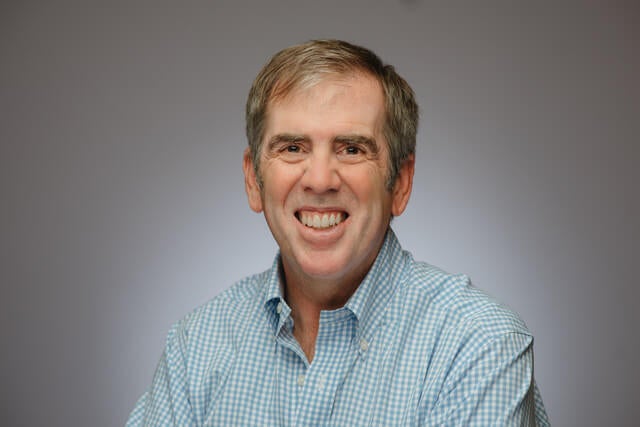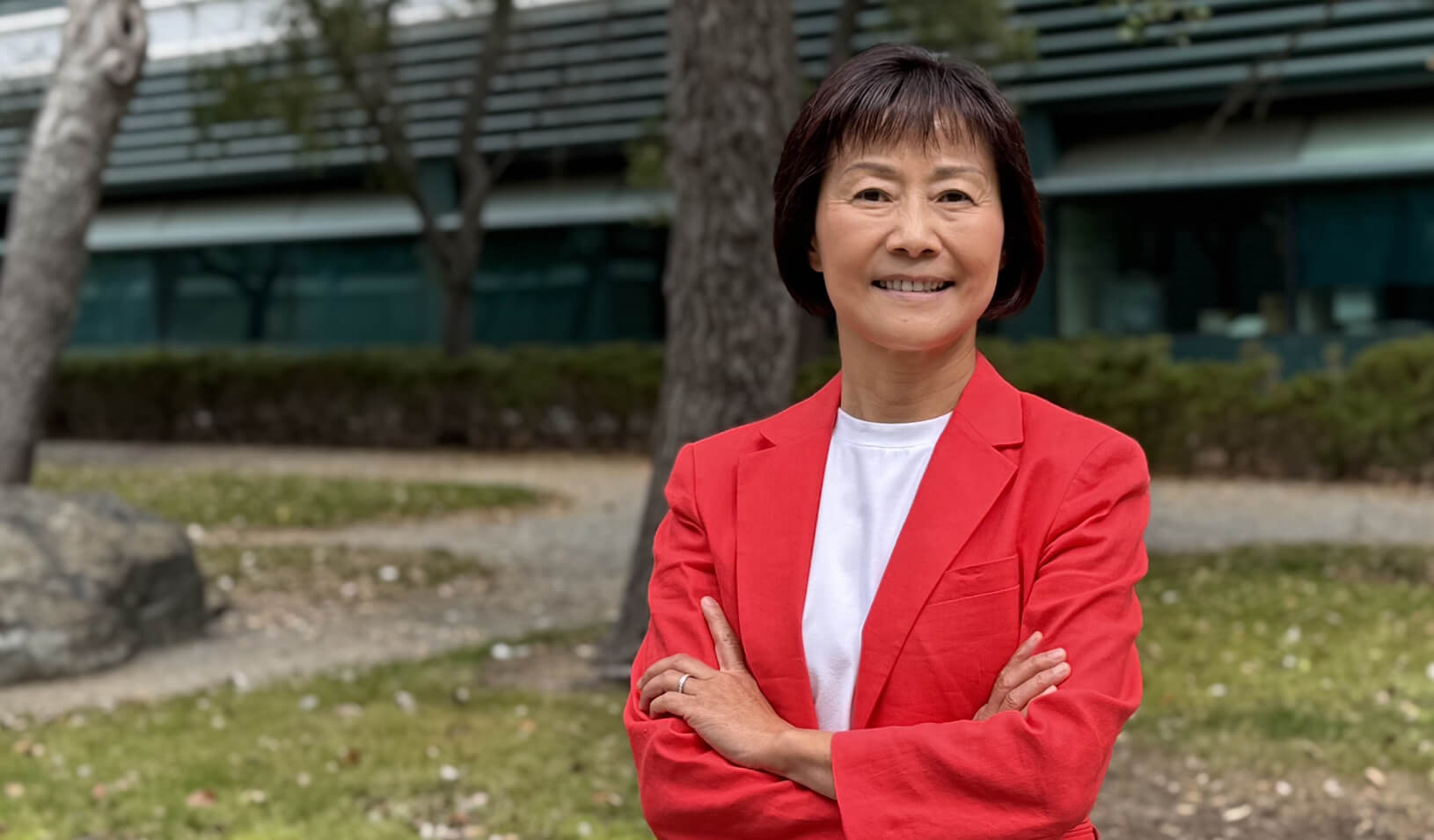Partner at Global Business Advisory Firm Renews Himself as a Leader
The Executive Program in Leadership: The Effective Use of Power gave Nick Donkar new insights to elevate his leadership skills — inside and outside his company.
March 29, 2023

For over 21 years, Nick Donkar has built his career at PwC (PricewaterhouseCoopers), becoming partner in 2013 at one of the world’s foremost professional services firms. As U.S. Health Deals Sector Leader, Nick advises clients across the health care spectrum on mergers and acquisitions — a trend that has gained momentum in recent years.
“There’s never a dull moment in health care,” says Nick, noting that mergers and acquisitions are at an all-time high. He works on “everything from health systems to physician practice roll-ups, where private-equity clients are buying orthopedic groups and cardiology groups, dental groups, and pet vet groups. All in the spirit of improving patient care and lowering costs.”
Nick has grown as a leader within PwC, taking full advantage of their internal professional development opportunities. “The training we do inside PwC is fantastic,” he notes. A certified public accountant with an MBA, Nick was at the apex of his career when a series of life events brought him to “an inflection point.”
“At 10 years as a partner, I really had to step back and say, ‘If I’m going to make a go of it and further advance at PwC, how can I leverage external resources to continue to grow?’” Nick reflects. “I needed to look outside of the mothership to say, ‘What are the win themes in the real world around leadership and development? And what am I doing right, and what can I improve upon? How do I raise my overall game in the mix?’”
After consulting with other PwC partners who had attended Stanford Executive Education programs, Nick decided it was time to expand his perspective and elevate his leadership skill set — to benefit his work within PwC and his external work on foundation and education boards.
Elevating Leadership Skills
Nick joined the one-week, on-campus Executive Program in Leadership: The Effective Use of Power program. “I wanted the best, with Stanford’s reputation,” Nick recalls. “I was drawn to the leadership topics, given where I was in my career. And it was really, really important for me to learn from my professors in person, hands-on, in the classroom.”
The curriculum combines real-world, Silicon Valley case studies with sessions on excellence in organizations, exemplary leadership, and creating inclusive workplaces. Nick enjoyed the Acting with Power workshop, which uses acting to develop more effective leadership characteristics, and addresses issues of power, status, and authority.
“The [sessions] provided unbelievable perspectives on real-world events, problems, solutions, and frameworks,” Nick shares. “And the personal development leadership piece was something I needed to explore. The professors brought me up to speed on best practices with how corporate America and private equity are thinking about leadership. I came away with new tools for my toolbox.”
Diverse Perspectives on Leadership
Nick appreciated learning with a diverse cohort — participants from many different countries, representing a range of industries. These new perspectives changed his approach to leadership and working in groups. “I am a better person and I am part of groups that are better because I am thinking through things differently with those perspectives, and with the lenses and filters that I’m bringing to the table,” Nick shares. “These new perspectives are challenging me to ask different questions, to be able to play a different role within the group dynamic.”
Nick remains in touch with other program participants, reaching out to them when he needs another viewpoint. He uses his Stanford learnings to benefit his work with health care clients, and to create a workplace environment that supports and empowers others. “The old Nick would’ve thought about it this way, but the new Nick thinks about this, plus this, plus this,” he says. “That helps us make sure we come to the right outcome. I think that richness is critical.”
Nick also applies his new leadership skills to his work on the advisory boards of a local university and a not-for-profit community health system. “It’s an old Boy Scout adage: ‘How do you leave the world a better place than you found it?’” Nick says. “You earn, you learn, and you give back. My experience at Stanford is helping me give back to the community.”


